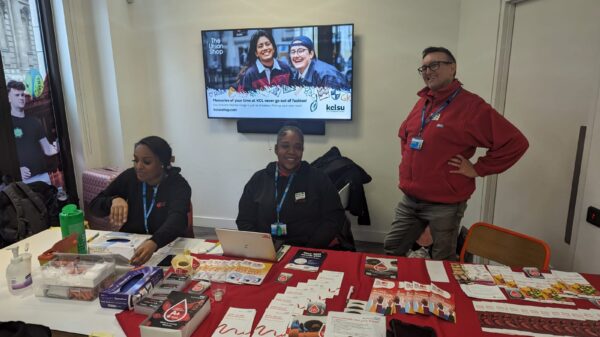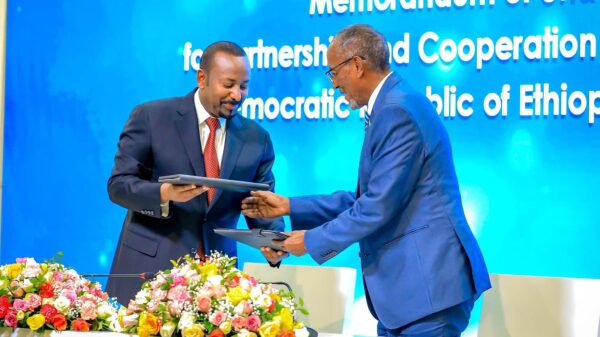Roar writer Danielle Jones on the current government’s lack of support for the NHS, and why more needs to be done to protect the institution.
Recently the National Health Service (NHS) celebrated its 72nd anniversary. For 72 years the NHS has cared for everyone who needed to use its services “from cradle to graveâ€, with no charge for most of its services – no matter the financial situation of the individual. Very few would dispute that the NHS has fulfilled its original purpose of increasing equality in healthcare by ensuring money is not a barrier to treatment. But while the NHS has cared for us, who has cared for the NHS?
Wards up and down the country are operating with unsafe levels of staffing. The Royal College of Nursing is calling for government accountability to ensure every shift has a safe ratio of staff to patients. In England, there is no law regulating staffing levels in healthcare, and in Northern Ireland members of the RCN Union have been undertaking industrial action to ask for improvements in numbers. Safe staffing saves lives – would you rather be treated by a nurse who has 8 patients to look after; who has a number of admissions and discharges and all the paperwork that comes with them, and has just dealt with a traumatic patient – or a nurse with 4 patients, who is supported by a team and can dedicate time to look after all of your needs? Safe staffing prevents medication errors, ensuring that vulnerable patients – such as those with dementia – are properly supervised, and prevents healthcare workers from becoming burnt out.
While the practice was suspended for several weeks during the height of the Covid crisis, most NHS workers are charged to park at the hospitals they work at. This poses a unique problem for many, particularly as many NHS staff members work unsociable hours and public transport is severely lacking in many parts of the United Kingdom. As Alex Flynn, Chief of Staff of the British Medical Association, tweeted, “from clap for carers to clamps for carers, the government needs to think again.â€
A friend recently opened up on Twitter to explain why she no longer works bank shifts at her local Trust. The student nurse, who wishes to remain anonymous, works as a Healthcare Assistant to help pay bills while she works to attain her Nursing degree. She explained that it costs more than one hour’s pay to park at her local trust, meaning that if she works an 8-hour shift, she walks home with less than 7 hours’ wages. She would rather travel a little further to work for another trust where she is allowed to park for free during unsociable hours, including night shifts and weekends when bank staff are primarily needed. With the NHS brought to its knees by a severe lack of staffing, I feel that we need to do everything we can to make it as easy as possible for staff to works the shifts they want to.
Just two days after many of our politicians stood on their streets and clapped to celebrate the NHS’s anniversary, it was announced that Covid-19 tests would be treated as a “benefit in kindâ€, meaning that key workers – including NHS staff who undergo compulsory testing in many Trusts to combat asymptomatic spread – would see an increase in the tax deductions from their paycheques. After receiving an avalanche of complaints, the government decided to do a U-turn overnight and remove the “benefits in kind†status for Coronavirus testing. This begs the question: who thought it was a good idea in the first place? The representatives we elected genuinely thought it would be a great idea to clap for 9 weeks to celebrate the hard workers who keep the NHS alive, before taking away even more of the meagre wages they bring home. It drove home only one message for me: we cannot take the pressure off Members of Parliament for a second, or they will destroy the last shreds of goodwill those working for the NHS have left.
As a student nurse myself, I would much rather have safe staffing levels, adequate pay for the physically and mentally gruelling work we do, and enough beds that patients do not have to wait and deteriorate before being treated, than have politicians clapping outside Downing Street as some form of twisted PR. Before the NHS’s 73rd anniversary, please make real commitments to supporting everyone who crosses the doors of a hospital, a GP surgery, a maternity ward, or who is brought to A&E in an ambulance – from cradle to grave.


















